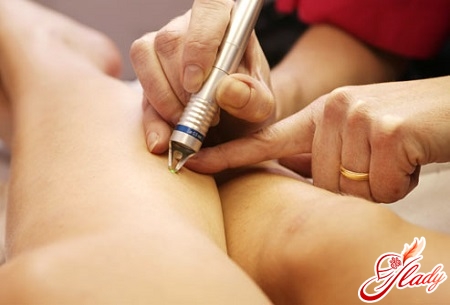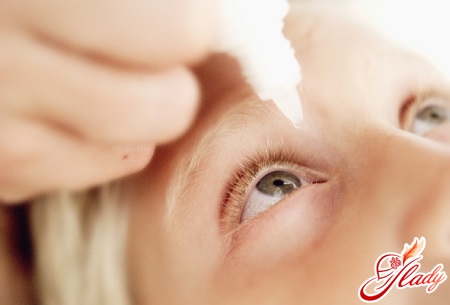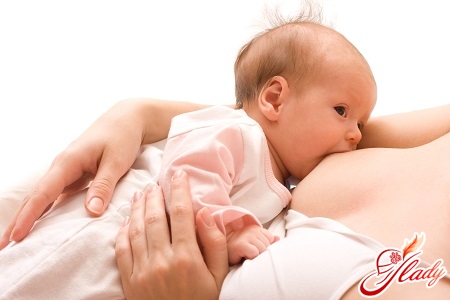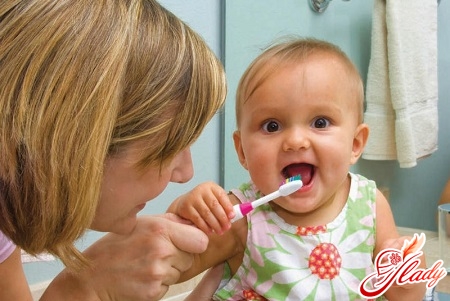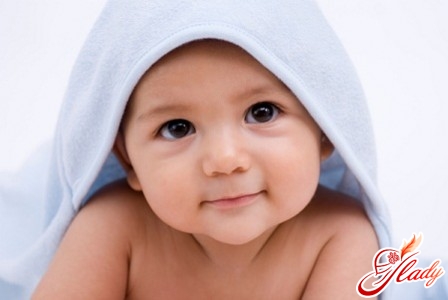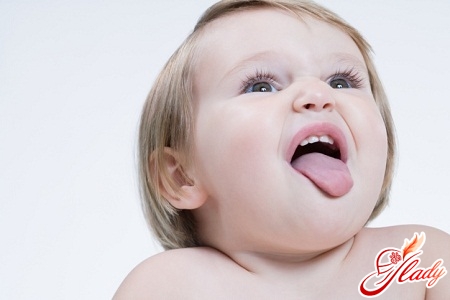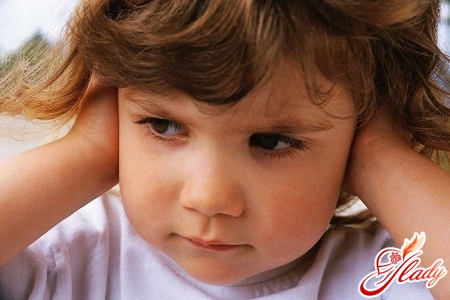 Mom, my ear hurts!Any mother has heard such complaints at least once in her life. And in almost all cases, the cause of these painful sensations is otitis. Otitis is nothing more than an inflammation of the ear, which can be either acute or chronic. During the illness, purulent contents accumulate in the middle ear cavity of a sick person. Most often, children suffer from otitis, and, as a rule, very young ones who have not reached school age. This fact is explained by the anatomical features of the structure of the middle ear in children. The younger the child, the shorter his auditory tube is, which, among other things, is also almost completely straight, without bends. Due to this structure of the ear, the penetration of infection occurs absolutely unhindered. As the child grows, his predisposition to otitis rapidly decreases. However, according to statistics, approximately 80% of all children under three years of age have suffered from otitis at least once in their lives.
Mom, my ear hurts!Any mother has heard such complaints at least once in her life. And in almost all cases, the cause of these painful sensations is otitis. Otitis is nothing more than an inflammation of the ear, which can be either acute or chronic. During the illness, purulent contents accumulate in the middle ear cavity of a sick person. Most often, children suffer from otitis, and, as a rule, very young ones who have not reached school age. This fact is explained by the anatomical features of the structure of the middle ear in children. The younger the child, the shorter his auditory tube is, which, among other things, is also almost completely straight, without bends. Due to this structure of the ear, the penetration of infection occurs absolutely unhindered. As the child grows, his predisposition to otitis rapidly decreases. However, according to statistics, approximately 80% of all children under three years of age have suffered from otitis at least once in their lives.
Causes of otitis media
Ear inflammation mainly occurs inas a result of penetration of pathogenic microflora into it. In almost all cases, otitis develops as a consequence of colds and acute respiratory diseases. A little less common are such causes of the disease as ear trauma or severe allergic reactions. And now more details about each of them:
Symptoms of otitis
The symptoms of otitis are quite typical, so fordoctor, it is not so difficult to establish a diagnosis. The only case when the only sign of otitis is unreasonable anxiety and loud crying is the disease of a child under one year of age. In this case, the doctor conducts the following test - the doctor lightly presses on the external opening of the ear canal with his index finger. If as a result of such an action the child's crying and anxiety intensify, the doctor has every reason to believe that the child has acute otitis. In older children, the following symptoms of otitis are noted:
- Very intense, "shooting" pain in the ear.
- Hearing loss, sometimes very significant.
- Severe headaches and dizziness.
- Increase in body temperature, sometimes up to 30 - 40 degrees.
If a child develops similar symptoms,Parents should seek help from an otolaryngologist as soon as possible. Doctors distinguish three types of otitis: acute, protracted and chronic. The acute form of otitis is most common in children. With proper treatment, the acute otitis stage lasts for two to three days. After this, the symptoms of otitis subside and after about five days the child is almost completely healthy. In the same case, if the disease was not noticed in time, and, accordingly, the child did not receive treatment, or received it, but incorrectly, the duration of otitis may increase. The disease flows into a protracted form. With a protracted form, the symptoms of otitis may occur for a week, and only after about 10 days does complete recovery occur. And finally, the third form of otitis is chronic. With a chronic form of the disease, the symptoms of otitis appear and then disappear again. The development of chronic otitis is caused either by the lack of proper treatment or an excessively weakened immune system of the child. If a child has chronic otitis, treatment should be strictly comprehensive.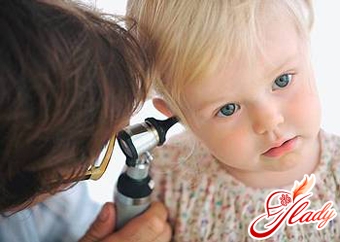
Complications after otitis
As a rule, otitis, although it proceeds quitedifficult for the child, does not entail any particular complications for the general health. However, sometimes there are exceptions to this rule:
- Development of diseases such as encephalitis and meningitis.
- Inflammation of the mastoid process.
As a rule, it is suspected that otitis has resulted inThis or that complication can be indicated by a sharp rise in temperature and deterioration of the child's general condition. In addition, parents should be wary if the discharge of pus from the ear does not stop for more than two weeks - this may be a symptom of a complication.
Treatment of otitis media
As already mentioned above, otitis is absolutely not an optionit is unacceptable to leave without due attention, and even more so treatment. However, treatment with folk remedies is also not optimal. Treatment should be prescribed only by the child's attending physician. The treatment regimen in each specific case is selected strictly individually: the doctor takes into account the severity of the disease, the form of its course, the presence of any concomitant diseases, as well as the individual characteristics of the child's body. However, in all cases it is true that the earlier the correct treatment is started, the more effective it will be, and the less the risk of complications. In general, the treatment regimen for otitis looks like this:
- Reduction of pain intensity
The first thing you need to do is to reduceintensity of pain. And this is not without reason - their intensity is so high that it almost completely deprives the child of peace - he cannot sleep, refuses to eat. In order to relieve pain, the doctor can prescribe any paracetamol-containing drug intended for children. In addition, there are a large number of special ear drops. The doctor will select the ones that are most suitable for your child. In addition, a special compress is very effective in eliminating even the most intense pain. In order to make it, you need to buy sterile gauze, glycerin and 3% boric acid solution at the pharmacy. Glycerin and boric acid must be thoroughly mixed, and a small tampon must be made from gauze. This tampon must be thoroughly moistened in the resulting solution and placed in the child's ear canal. A warming compress is also very effective. You will have to put in a little effort for it. You need to sew a small bag from cotton fabric, about the size of a matchbox. After this, regular coarse table salt must be heated in a frying pan. Place the salt in a prepared bag and cool it to a temperature that will not cause discomfort to the child. Place this bag on the sore ear, cover it with a layer of cotton wool on top and secure it with a bandage. Leave the compress on the baby's ear until the salt has completely cooled. Such compresses have neither contraindications nor side effects, so they can be done as often as necessary.
- Elimination of puffiness
In order to reduce and then completely removeexcessive swelling of the auditory tube, due to which the outflow of pus from the middle ear will be completely unimpeded, the doctor prescribes vasoconstrictor nasal drops for the child. The type of drops to be used and in what dosage is decided by the child's attending physician. And if otitis in a child has developed against the background of a particular allergic reaction, it is advisable to use antihistamines to eliminate increased swelling of the mucous membrane of the auditory tube. The doctor, based on an objective assessment of the child's condition, will select a suitable antihistamine. You should not try to do this on your own, because an incorrectly selected drug can significantly worsen not only the course of otitis, but also the general condition of the child. If your baby is faced with otitis, do not be afraid and panic. Timely treatment and proper treatment will help your baby get back on his feet very, very quickly! We recommend reading:




